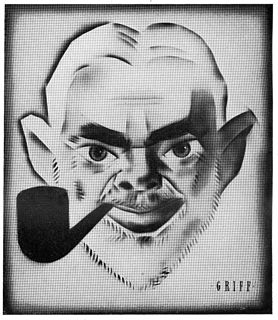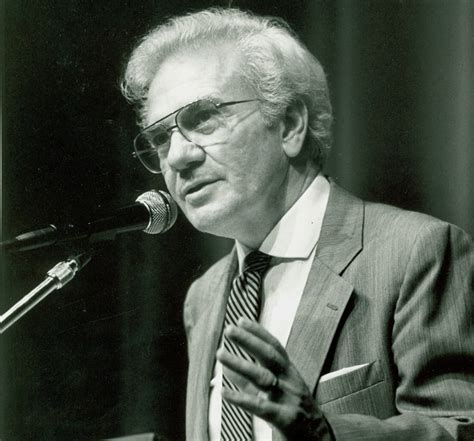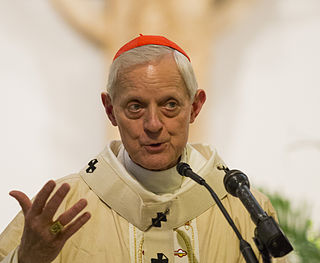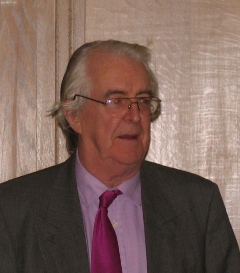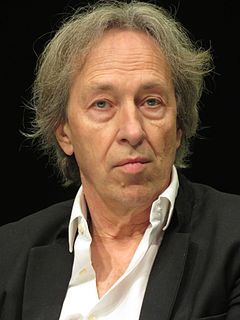Top 1200 Moral Conscience Quotes & Sayings - Page 3
Explore popular Moral Conscience quotes.
Last updated on April 16, 2025.
Organized religion has too often followed the road of other people's institutions. It has made adjustments, compromises, and surrenders to a materialistic civilization for the benefit of material security in spite of occasional twinges of conscience and moral protests. The result has been that today much of organized religion is materialistically solvent but spiritually bankrupt.
Book CoverTo have people who are well informed but not constrained by conscience is conceivably, the most dangerous outcome of education possible. Indeed it could be argued that ignorance is better than unguided intelligence, for the most dangerous people are those who have knowledge without a moral framework.
The surest way to work up a crusade in favor of some good cause is to promise people they will have a chance of maltreating someone. To be able to destroy with good conscience, to be able to behave badly and call your bad behavior 'righteous indignation' — this is the height of psychological luxury, the most delicious of moral treats.
The church must be reminded that it is not the master or the servant of the state, but rather the conscience of the state. It must be the guide and the critic of the state, and never its tool. If the church does not recapture its prophetic zeal, it will become an irrelevant social club without moral or spiritual authority.
God has formed us moral agents... that we may promote the happiness of those with whom He has placed us in society, by acting honestly towards all, benevolently to those who fall within our way, respecting sacredly their rights, bodily and mental, and cherishing especially their freedom of conscience, as we value our own.
Ultimately a highly complex sentiment, having its first origin in the social instincts, largely guided by the approbation of our fellow-men, ruled by reason, self-interest, and in later times by deep religious feelings, confirmed by instruction and habit, all combined, constitute our moral sense or conscience.
There is always the temptation in life to diddle around making itsy-bitsy friends and meals and journeys for years on end. It is all so self conscience, so apparently moral...But I won't have it. The world is wilder than that in all directions, more dangerous...more extravagant and bright. We are...raising tomatoes when we should be raising Cain, or Lazarus.
God doesn't help. I think that's a knockdown argument. I think that it really shows that whatever moral knowledge we have and whatever moral progress we make in our knowledge or whatever progress we make in our moral knowledge is not coming really from religion. It's coming from the very hard work really of moral philosophy, of trying to ground our moral reasonings.
There can be, therefore, no true education without moral culture, and no true moral culture without Christianity. The very power of the teacher in the school-room is either moral or it is a degrading force. But he can show the child no other moral basis for it than the Bible. Hence my argument is as perfect as clear. The teacher must be Christian. But the American Commonwealth has promised to have no religious character. Then it cannot be teacher.
If an instrument similar to a geiger-counter could be invented that counted moral judgements instead, we would learn to duck as people became increasingly 'moral', since lethal force is usually imminent. So far from moral fervour being an alternative to force, it is frequently the overture, the accompaniment and the memorial to it.
Many expressions in the New Testament come naturally to the lips of all Protestants, and it furnishes the most pregnant and practical texts. There is no harmless dreaming, no wise speculation in it, but everywhere a substratum of good sense. It never reflects, but it repents. There is no poetry in it, we may say, nothing regarded in the light of beauty merely, but moral truth is its object. All mortals are convicted by its conscience.
Meditation is the art of awareness. And once you are aware, out of your awareness your actions will arise - not out of conscience. Conscience is cultivated by others, by the vested interests, by the establishment. Consciousness is yours. It is individual, it is not collective. Conscience is part of the mob psychology. Consciousness gives you dignity because it gives you individuality. It gives you rebellion, it makes you capable of saying yes or no of your own accord. There is no foreign agency manipulating you in the name of religion, morality, etcetera.
Those individuals who give moral considerations a much greater weight than considerations of expediency represent a comparatively small minority, five percent of the people perhaps. But, In spite of their numerical inferiority, they play a major role in our society because theirs is the voice of the conscience of society.
I was nurtured in the church; I went to a Catholic school; I was an altar boy; I went to a Catholic university; I was steeped in the moral tradition of the Catholic Church. My Catholicism plays a very strong role. But I thought President John F.Kennedy answered rather well when he said that ultimately my conduct as a public official does not come ex cathedra from Rome; it comes from my conscience.
Man's characteristic privilege is that the bond he accepts is not physical but moral; that is, social. He is governed not by a material environment brutally imposed on him, but by a conscience superior to his own, the superiority of which he feels. Because the greater, better part of his existence transcends the body, he escapes the body's yoke, but is subject to that of society.
